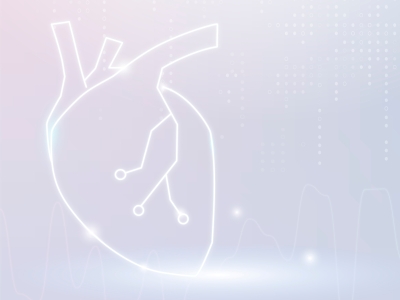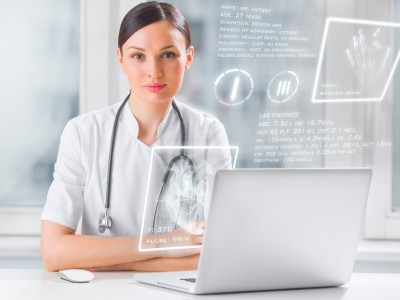Devices and Software
Tyche MedTech Education service includes hands-on trainings with tangible simulators of the human body, heart and circular system. Trainees are using real medical devices, such as electrophysiogical catheters, pacing leads, surgical probes etc. during the training process. Service also includes variety of on-line and off-line video materials. Trainings’ content is modified and/or adjusted, and/or custom made to accommodate the individual needs of the participants.
The specific objectives and purpose of this organization should be:
- to provide instructions for the medical devices’ proper manipulation in the main interventional procedures;
- to provide hands-on skills for newcomer professionals;
- to provide opportunities for participants to engage in professional growth;
- to sponsor, host and/or participate in events and activities that provided by the healthcare education professionals.
- Details
- Category: Devices and Software
Diagnostic and Ablation EP Catheters
We include in our tutorial courses steerable and fixed-curve diagnostic and ablation electrophysiology catheters in 3, 5 and 6 French sizes with or without a tip electrode. Catheters may have various distal shaft lengths, electrode size, inter-electrode spacing, numbers of electrodes and catheter total shaft lengths.
Pacing and Defibrillation Leads
We propose workshops for different types of pacing and defibrillation leads, including left ventricle leads with delivery systems.
PTCA balloons
Main types of PTCA coronary products are included in our workshops: standard and high pressure balloons, stent delivery systems.
- Details
- Category: Devices and Software
This software product includes a lot of advanced features, suitable for daily usage and for scientific research purpose also.
Functionality:
- Different format reading, filtering, events detecting and recognition, data classification and visualization;
- Applicable for 24h Holter records up to 14 days duration and for real-time recording;
- Filtering and digital signal processing for interference suppression;
- Auto verification of QT, QRS and ST-T-intervals of the cardio cycle and templating; based on AI technology;
- Auto classification of QT, QRS and ST-T-intervals on each cardio cycle.
- Detecting the heart rate variability; recognition of arrhythmias, reduced heart rate, erratic heart rate etc;
- All data store at the energy-independent carrier;
- Data exchange between different units;
- Creating of medical reports and procedure notes.


